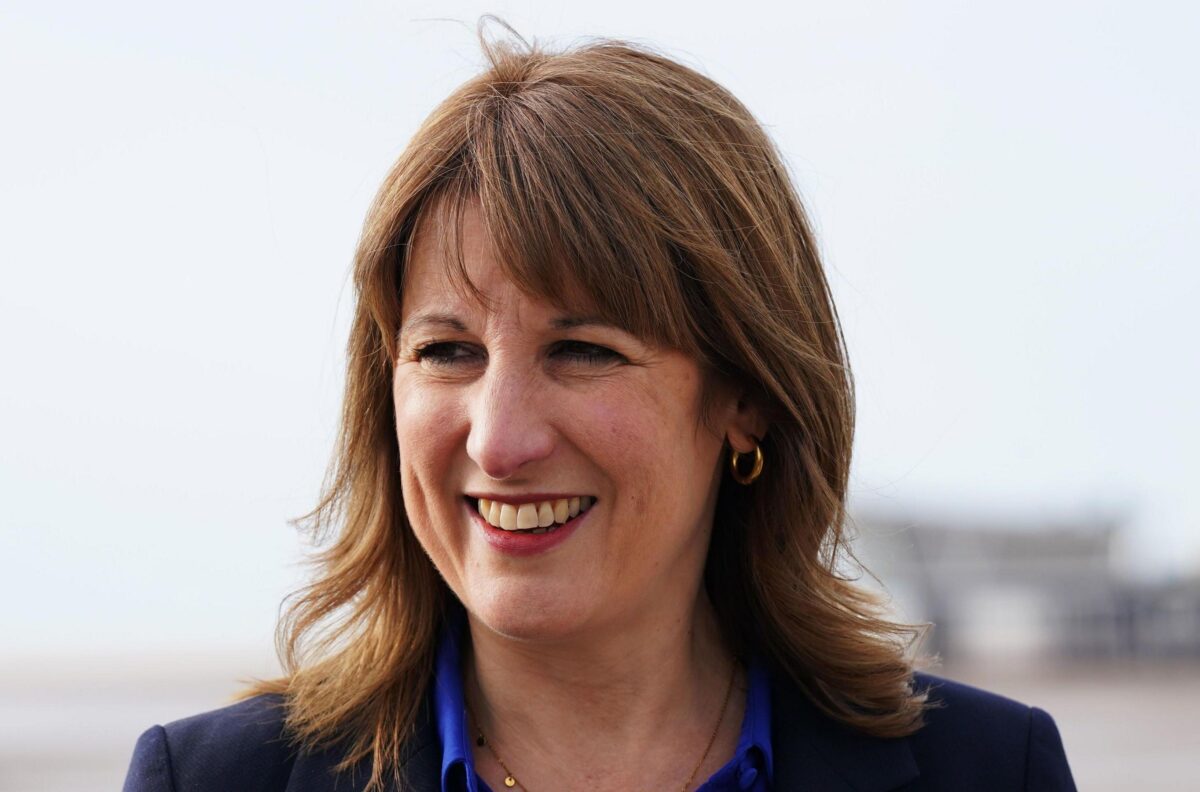Is Rachel Reeves about to raise taxes? Chancellor faces tough questions ahead of budget

Chancellor Rachel Reeves. Image Credit: PA Media
Chancellor Rachel Reeves is under mounting scrutiny as she refuses to rule out future tax hikes ahead of her key Budget statement. In a series of high-profile interviews, Reeves repeated Labour’s manifesto pledge not to raise VAT, National Insurance, or income tax rates, but left the door open to other increases, citing “changed global circumstances.”
The uncertainty has triggered sharp criticism from Conservative leader Kemi Badenoch, who accused Labour of preparing to “raise your taxes,” while supporters argue Reeves is taking a realistic approach to Britain’s economic challenges.
Why Won’t Reeves Rule Out a VAT Rise?
Pressed repeatedly on whether VAT could increase, Reeves insisted that “the manifesto commitments stand.” However, she refused to give a direct “yes or no” answer, arguing that speculation two months before the Budget would be irresponsible.
Her cautious stance has sparked speculation that Labour could use indirect tax reforms or adjustments to thresholds as alternative ways to boost revenue.
How Do Trump and Putin Factor Into Britain’s Economy?
Reeves linked global instability, from Donald Trump’s tariffs on European goods to Vladimir Putin’s war in Ukraine, as reasons why Britain may face tighter fiscal measures. She warned that wars, trade barriers, and borrowing costs “all have an impact on the economy and the uncertainty we face.”
By connecting domestic tax policy to global turmoil, Reeves positioned herself as a Chancellor responding to external shocks rather than breaking Labour promises.
What About Welfare and Child Poverty?
Critics within Labour have attacked Reeves for refusing to commit to scrapping the two-child benefit cap. She defended her position by pointing to free school meals, expanded breakfast clubs, and increases in the minimum wage, saying she “cares deeply about child poverty” but must balance compassion with fiscal discipline.
When asked if welfare spending would be cut, Reeves stressed that “benefit bills are too high and going up too much” but stopped short of announcing reductions, instead pointing to ongoing reviews.
What Is Rachel Reeves Offering Young People?
One of Reeves’ headline announcements was a “youth guarantee”, ensuring work placements for young people out of employment or education for 18 months. However, she admitted specific companies or sectors had not yet signed up, leaving questions about its immediate impact.
Still, she positioned the plan as part of Labour’s pledge to reduce long-term unemployment and create fairer opportunities.
READ ALSO
What’s behind Trump’s push to fire Lisa Monaco from Microsoft?
Who is Barry George? From infamous murder acquittal to new rape charges
How Is Reeves Handling Political Pressure?
Despite facing what she called “difficult and very public days,” Reeves told the BBC she is “loving this job” as Britain’s first female Chancellor in 800 years. She insisted that while decisions have been tough, from winter fuel payments to welfare reforms, she would not swap them for her time in opposition.
Her message to voters: judge me on my record, not speculation.
Rachel Reeves’ balancing act between economic discipline and social justice is under intense scrutiny. By refusing to close off tax options while reaffirming Labour’s manifesto promises, she is walking a fine line that will define her first major Budget.
With global turmoil, domestic pressures, and growing opposition attacks, the question remains: is Britain about to face a new era of higher taxes under Labour
FAQ
Q1: Is Rachel Reeves planning to raise taxes in the UK?
Rachel Reeves has not confirmed specific tax rises but has refused to rule them out ahead of her Budget. She has reaffirmed Labour’s manifesto pledge not to raise VAT, National Insurance, or the main rates of income tax, but hinted that other measures may be necessary due to global economic pressures.
Q2: Did Rachel Reeves say VAT will increase in 2025?
No. Reeves stated that Labour’s manifesto commitment not to raise VAT “still stands.” However, she declined to give a direct “yes or no” answer, fueling speculation about possible indirect tax changes.
Q3: What is Rachel Reeves’ stance on child poverty?
Rachel Reeves insists she “cares deeply about child poverty” and highlighted measures such as free school meals, breakfast clubs, and higher wages. However, she has not pledged to scrap the two-child benefit cap, arguing that tough choices are necessary to balance the budget.
Q4: What global issues did Reeves blame for potential tax rises?
Reeves pointed to Donald Trump’s trade tariffs, Vladimir Putin’s war in Ukraine, and instability in the Middle East as factors driving up government spending and creating uncertainty in the UK economy.
Q5: What is the ‘youth guarantee’ announced by Rachel Reeves?
The youth guarantee is a Labour scheme that promises work placements for young people who have been out of work or education for 18 months. While Reeves did not provide details of which industries will participate, she framed it as a major step to reduce long-term youth unemployment.
Q6: Why is Rachel Reeves being criticised by Conservatives?
Conservative leader Kemi Badenoch accused Reeves of preparing to “raise your taxes,” claiming only the Conservatives are committed to tax cuts. Critics argue Reeves’ refusal to rule out increases shows Labour will burden households with higher bills.
Q7: What has Rachel Reeves said about business rates reform?
Reeves pledged to “fundamentally reform” business rates to support local high streets and ensure multinational companies “pay their fair share.” She has promised details of the reform in the upcoming Budget.
Q8: How long has Rachel Reeves been Chancellor?
Rachel Reeves became Chancellor 451 days ago, making her the first female Chancellor in over 800 years of British political history. She has faced difficult decisions but says she is “loving the job.”

